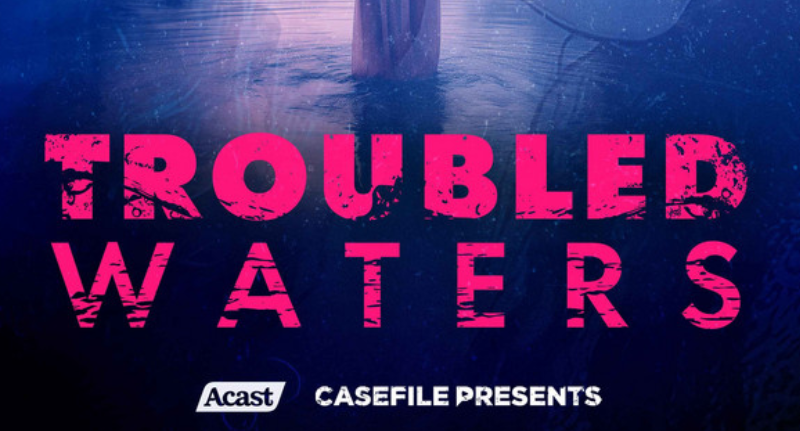True crime podcasts are leading the investigation while the legal system spectates.
The influence of podcasters is real, in a rare case Victorian Coroners Court has confirmed it will reopen the 2011 investigation into the death of Louisa Ioannidis.
This investigation unexpectedly rose following new information uncovered by the independent investigative podcast Troubled Waters.
The 10-part series, created by Casefile Presents and hosted by private investigator Julia Robson, was released last year on Acast and has since generated significant public attention and renewed scrutiny around the circumstances of Ioannidis’ death.

Coronial findings are seldom revisited in Australia, making the decision a major milestone both for the Ioannidis family and for the independent podcasting sector, which continues to influence real-world investigations.
Podcast investigation triggers legal review
Hosted by Robson and produced by Clare McGrath, Troubled Waters worked directly with the Ioannidis family to re-examine the case.
The series highlighted key inconsistencies, uncovered new material and ultimately prompted a team of pro bono lawyers to take on a fresh review.
That legal team commissioned an independent forensic pathologist to reassess the autopsy and police brief. His findings aligned with the concerns raised in the podcast, adding weight to calls for the investigation to be reopened.
Acast ANZ’s Content Director, Guy Scott-Wilson, said the case reflects the growing influence of independent investigative audio.
“This decision shows that rigorous investigative journalism can still come from outside traditional media institutions. Independent podcasts now have the credibility, audience reach and persistence to surface new evidence, support families and influence real-world outcomes,” he said.
The Ioannidis case is the second time this year that an Australian independent podcast has contributed to developments in a long-running investigation.
In January, Queensland Police confirmed that a listener tip-off sparked by two episodes of Australian True Crime led to the arrest of fugitive Keith Lees, wanted in connection with the 1997 murder of Meaghan Louise Rose.
Audience trust in podcasts continues to grow
Fresh data from Acast’s Podcast Pulse 2025 report, based on global research conducted by Differentology, shows audiences now rate podcast hosts as equally credible as journalists (33% each).
The research also found podcast creators rank highest across all media channels for providing honest, unbiased opinions and being the most trustworthy.
Scott-Wilson said this trust is beginning to reshape public engagement with cold cases.
“True crime podcast listeners behave like a distributed investigative network they’re engaged, detail-oriented, and willing to come forward with information. We’re now seeing podcasts participate in the justice process, not just document it,” he said.
